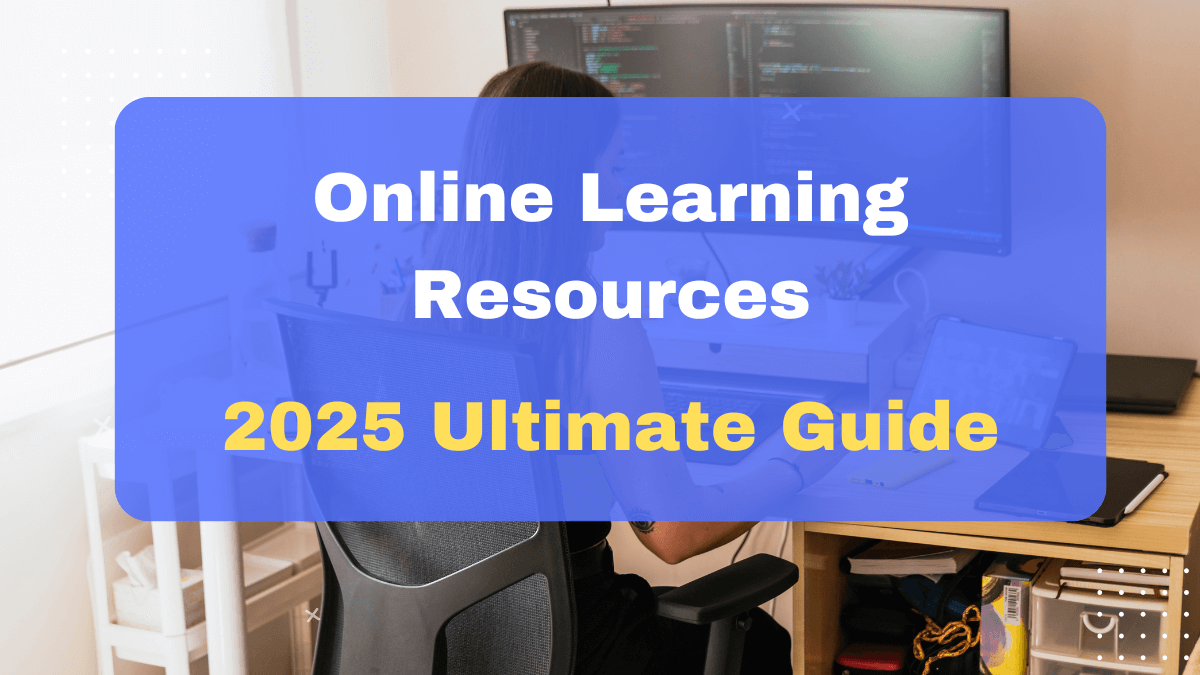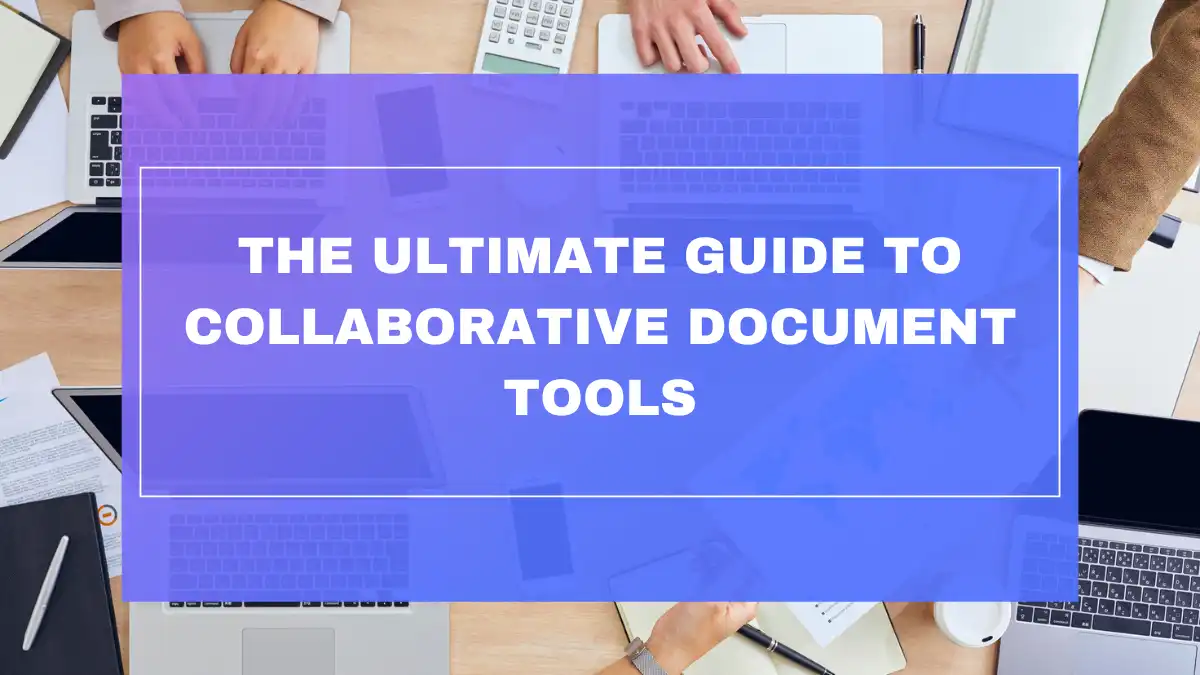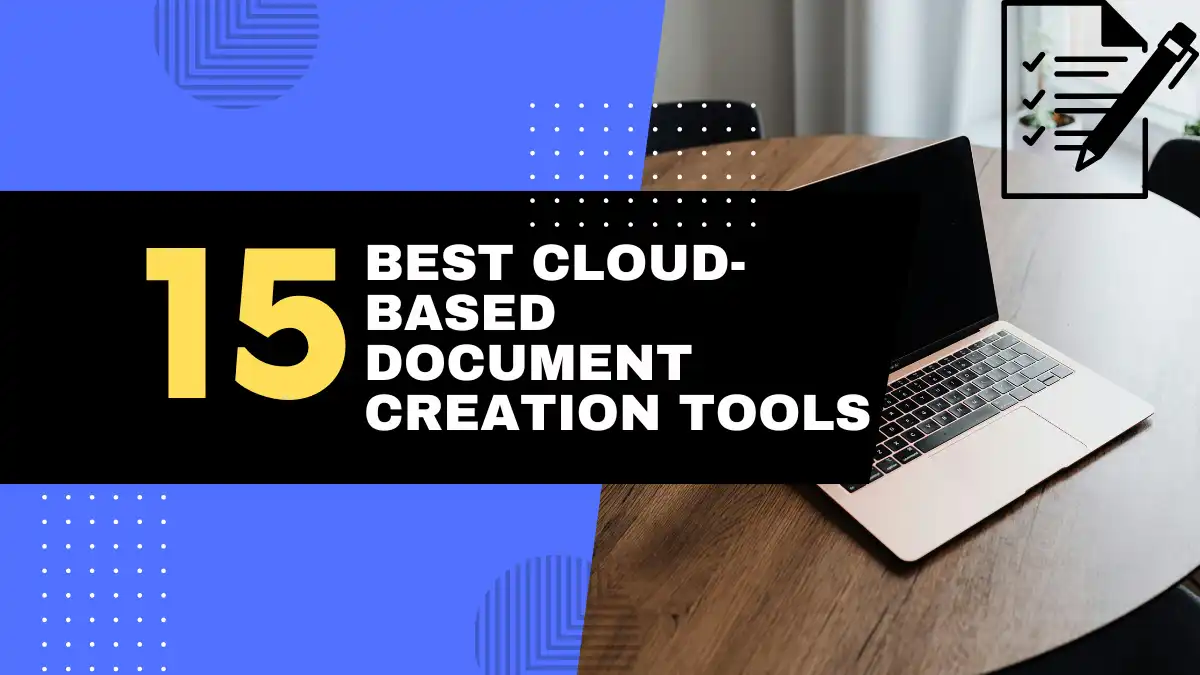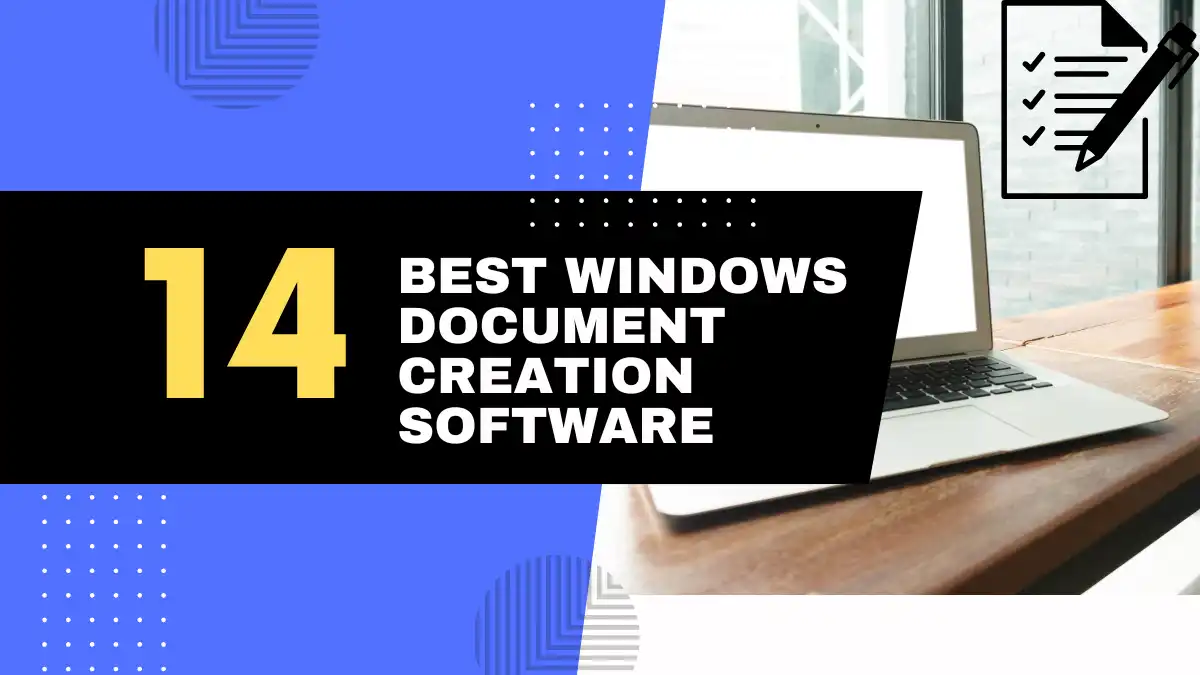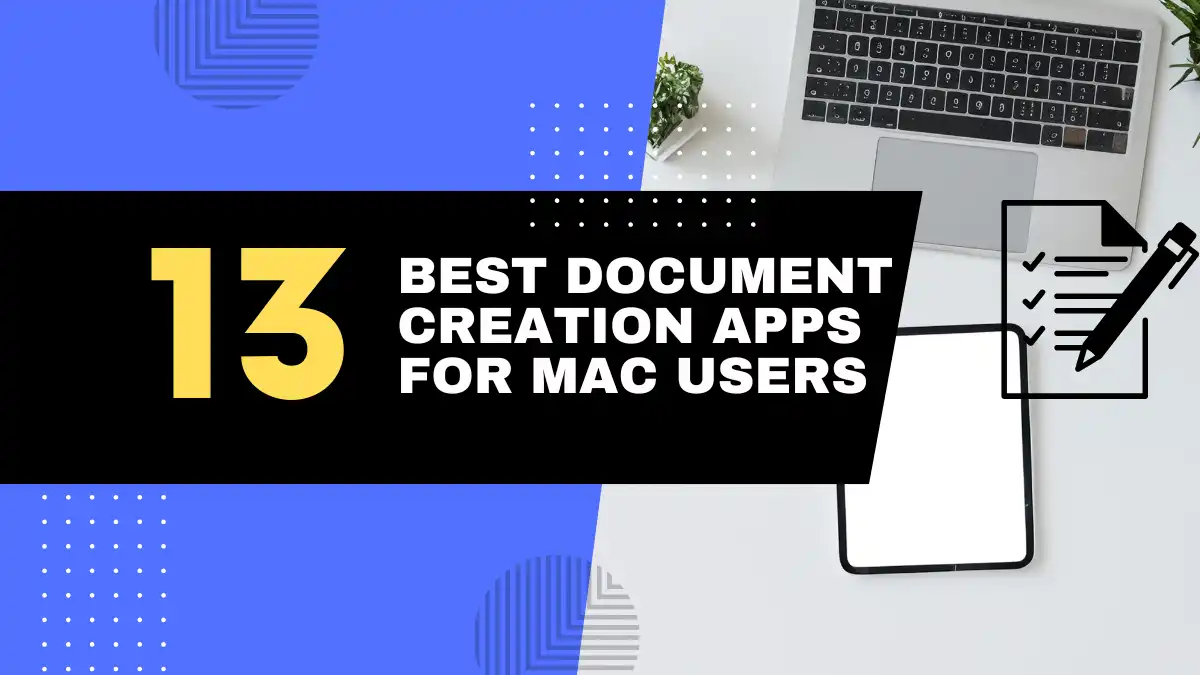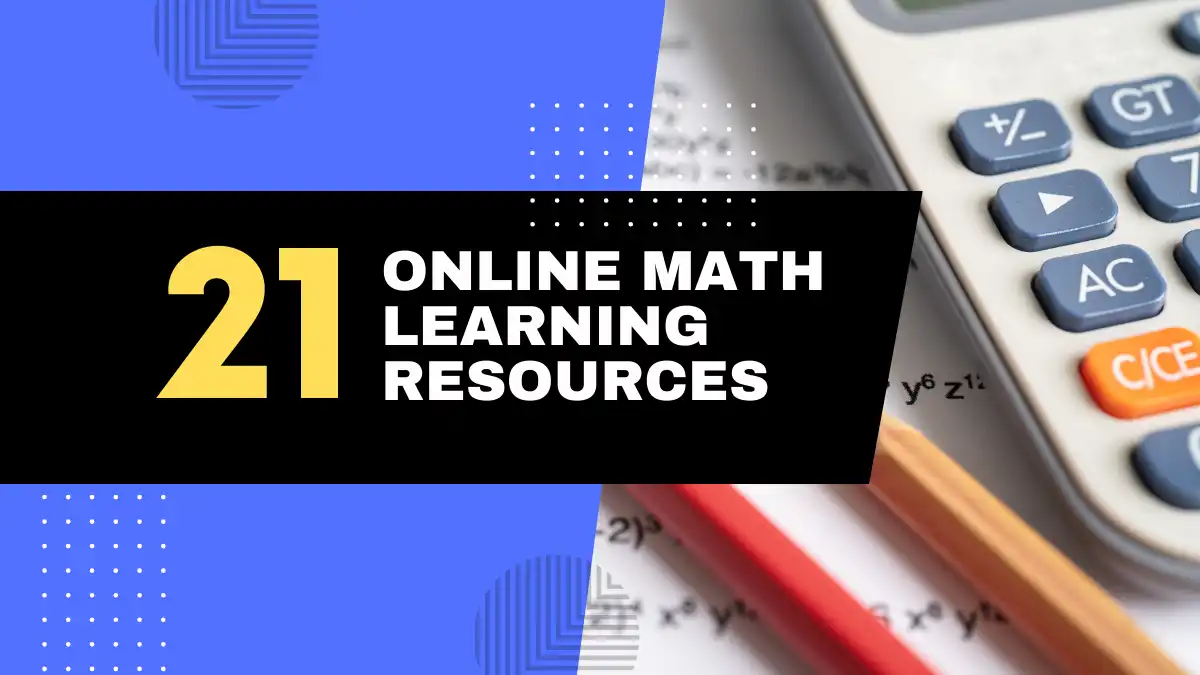
The landscape of online math learning resources has transformed dramatically in 2025. Whether you’re struggling with calculus or helping your child master basic arithmetic, finding the right online math learning resources can make all the difference. According to recent studies, 82% of students showed significant improvement in their mathematical understanding after using quality digital learning tools.
Why Choose Online Math Learning Resources?
Picture Sarah, a high school student who once dreaded math class. Traditional textbooks and classroom lectures left her feeling lost and frustrated. Then she discovered the power of digital math learning platforms, and everything changed. Like Sarah, millions of learners worldwide are experiencing the transformative impact of online mathematics education.
Flexibility and Convenience 🕒
Today’s math learning platforms offer unprecedented freedom:
- Study at your own pace
- Access lessons 24/7
- Review concepts unlimited times
- Learn from anywhere
Personalized Learning Experience 🎯
Modern online math resources use advanced AI to create customized learning paths:
| Feature | Benefit |
|---|---|
| Adaptive Testing | Identifies knowledge gaps |
| Smart Practice | Adjusts difficulty automatically |
| Progress Tracking | Shows improvement over time |
| Custom Feedback | Provides targeted help |
Variety of Resources 📚
The digital landscape offers an incredible array of learning tools:
- Interactive video lessons
- Practice exercises with instant feedback
- Virtual manipulatives
- 3D geometric modeling tools
- Step-by-step problem solving guides
Cost-Effective Options 💰
While some premium resources require subscriptions, many high-quality platforms offer free access to comprehensive math content. In 2025, the average cost savings compared to private tutoring is estimated at $2,000 per year.
Engaging and Interactive ⭐
Gone are the days of dry, monotonous math practice. Today’s online resources incorporate:
- Gamification elements
- Real-world applications
- Interactive visualizations
- Progress tracking and rewards
- Collaborative learning opportunities
Navigating the World of Online Math Resources: Types and Categories
Let’s explore the diverse ecosystem of online math learning resources available in 2025:
Math Websites
Comprehensive online platforms serve as virtual math classrooms, offering structured curricula and practice opportunities. These websites often include:
- Video lessons
- Interactive exercises
- Progress tracking
- Assessment tools
- Teacher resources
🔗 Popular examples include Khan Academy and IXL Math.
Math Apps
Mobile learning has revolutionized how we practice math on the go. Modern math apps feature:
- Bite-sized lessons
- Quick practice sessions
- Offline access
- Progress synchronization
- Social learning features
Online Math Tutoring Platforms
Virtual one-on-one instruction has become increasingly sophisticated, offering:
- Real-time video sessions
- Interactive whiteboards
- Screen sharing capabilities
- Recording and playback options
- Flexible scheduling
Video-Based Math Learning
🎥
Visual learners particularly benefit from video content that:
- Demonstrates problem-solving techniques
- Explains complex concepts visually
- Provides real-world applications
- Offers step-by-step tutorials
Gamified Math Platforms
Learning through play has proven highly effective, with platforms offering:
- Math adventure games
- Competitive challenges
- Achievement systems
- Virtual rewards
- Social learning elements
Math Tools & Calculators
Digital tools enhance problem-solving capabilities with:
- Graphing calculators
- Equation solvers
- Geometry visualization tools
- Statistical analysis software
- Formula reference guides
Top Online Math Learning Resources: Level-Based Recommendations
Finding the right online math learning resources for your specific level is crucial for success. Here’s a comprehensive breakdown of top recommendations by educational stage:
For Early Learners (Pre-K to Elementary School) 🎨
SplashLearn
Description: A gamified learning platform specifically designed for young mathematicians.
- Pros:
- Colorful, engaging interface
- Adaptive learning technology
- Comprehensive curriculum alignment
- Parent and teacher dashboards
- Cons:
- Premium features require subscription
- Internet connection required
- Some games may be too entertaining vs. educational
Math Playground
Description: A free platform offering math games and interactive problems for grades 1-6.
- Pros:
- Completely free access
- Wide variety of games
- Logic puzzles included
- No registration required
- Cons:
- Advertisements on free version
- Less structured learning path
- Limited progress tracking
For Middle School 📚
Khan Academy
Description: A comprehensive, free learning platform covering all middle school math concepts.
- Pros:
- In-depth video explanations
- Structured curriculum
- Practice exercises with hints
- Mastery challenges
- Cons:
- May be too self-directed for some
- Limited interactive elements
- Basic interface design
| Feature | Rating |
|---|---|
| Content Quality | ⭐⭐⭐⭐⭐ |
| User Interface | ⭐⭐⭐⭐ |
| Engagement | ⭐⭐⭐⭐ |
| Value | ⭐⭐⭐⭐⭐ |
Prodigy Math
Description: An engaging RPG-style math game that adapts to student performance.
- Pros:
- Highly engaging gameplay
- Curriculum-aligned content
- Real-time assessments
- Teacher dashboard
- Cons:
- Premium features cost extra
- May be distracting for some
- Limited advanced content
For High School 📝
Mathway
Description: A powerful math problem-solving tool with step-by-step explanations.
- Pros:
- Covers advanced topics
- Detailed solutions
- Multiple solution methods
- Mobile app available
- Cons:
- Full solutions require subscription
- May encourage dependency
- Limited practice problems
Desmos
Description: A suite of free math tools, including the popular graphing calculator.
- Pros:
- Powerful visualization tools
- Free to use
- Classroom activities
- Active teacher community
- Cons:
- Learning curve for advanced features
- Limited direct instruction
- Requires stable internet
For College and Advanced Learners 🎓
Brilliant.org
Description: A premium platform offering advanced math courses and problem-solving challenges.
- Pros:
- University-level content
- Interactive lessons
- Community discussions
- Mobile-friendly
- Cons:
- Subscription required
- May be too advanced
- Limited free content
Statistics show that 73% of successful math learners use a combination of resources:
Resource Usage Distribution:
📊 Video Tutorials: 35%
📱 Interactive Apps: 25%
📚 Online Textbooks: 20%
🎮 Educational Games: 15%
👨🏫 Virtual Tutoring: 5%Essential Math Learning Tools & Resources 🛠️
Browse our curated collection of top-rated online mathematics resources:
| Resource Type | Popular Options | Best For |
|---|---|---|
| Interactive Platforms | Khan Academy, IXL | Comprehensive learning |
| Video Tutorials | MathTV, 3Blue1Brown | Visual learners |
| Practice Tools | Brilliant, Photomath | Problem solving |
| Virtual Tutoring | Preply, Wyzant | Personal attention |
Specialized Online Math Resources
Different learners have different needs. Here are some specialized resources for specific learning objectives:
For Personalized 1-on-1 Tutoring 👨🏫
Preply
Description: A global tutoring platform connecting students with math experts.
- Pros:
- Verified tutors
- Flexible scheduling
- Multiple price points
- Trial lessons available
- Cons:
- Higher cost than self-study
- Quality varies by tutor
- Time zone coordination needed
For Exam Preparation 📝
UWorld
Description: Comprehensive test prep platform for standardized math exams.
- Pros:
- Exam-like questions
- Detailed explanations
- Performance tracking
- Mobile access
- Cons:
- Expensive
- Time-limited access
- Focused solely on test prep
For Visual Learners 👀
MathTV
Description: Video-based math instruction with multiple teaching styles.
- Pros:
- Multiple explanations
- Visual demonstrations
- Searchable content
- Free access
- Cons:
- Limited practice problems
- No progress tracking
- Variable video quality
For European/UK Curriculum 🌍
NRICH
Description: Rich mathematical content aligned with European curricula.
- Pros:
- Problem-solving focus
- Teacher resources
- Regular updates
- Free access
- Cons:
- Less structured approach
- Limited exam prep
- May be too challenging
Choosing the Right Online Math Resource: A Step-by-Step Guide
Making the right choice among countless online math learning resources can feel overwhelming. Follow this systematic approach to find your perfect match:
Step 1: Define Your Learning Goals 🎯
Start by asking yourself:
- Are you preparing for a specific exam?
- Do you need to improve your grades?
- Are you learning for personal development?
- Do you have a particular topic to master?
Pro Tip: Write down your goals and prioritize them. This will help narrow down your search.
Step 2: Assess Your Current Math Level 📊
Take these actions to determine your starting point:
- Complete a free assessment on Khan Academy
- Review your recent math performance
- Identify specific topics where you struggle
- Consider taking a placement test
Step 3: Consider Your Learning Style 🧠
Understanding how you learn best is crucial:
| Learning Style | Best Resource Type | Example Platform |
|---|---|---|
| Visual | Video tutorials | MathTV |
| Hands-on | Interactive tools | GeoGebra |
| Reading | Digital textbooks | CK-12 |
| Social | Group learning | Photomath |
| Auditory | Video lectures | MIT OpenCourseWare |
Step 4: Evaluate Content and Curriculum 📚
Check these essential factors:
- Alignment with your educational standards
- Depth of content coverage
- Quality of explanations
- Availability of practice problems
- Updates and maintenance frequency
Step 5: Check for Engagement Features ⭐
Look for resources that offer:
- Progress tracking
- Achievement systems
- Interactive exercises
- Real-world applications
- Community features
Step 6: Consider Cost and Time Commitment 💰
Evaluate the resource against your budget:
Price Range Guide (2025):
Free: Khan Academy, Math is Fun, GeoGebra
Low-Cost ($5-15/month): IXL Math, Prodigy Premium
Mid-Range ($15-30/month): Beast Academy, Mathway
Premium ($30+/month): Brilliant.org, ALEKSStep 7: Read Reviews and Try Free Trials 🔍
Before committing:
- Read user reviews
- Watch demonstration videos
- Test free versions
- Join user communities
- Compare multiple options
Frequently Asked Questions About Online Math Learning Resources
What is the best website for math resources?
The “best” resource depends on your specific needs, but Khan Academy consistently ranks top for its:
- Comprehensive coverage
- Free access
- Quality instruction
- Regular updates
- Strong community
How can I learn math online for free?
Many high-quality resources offer free access:
- Khan Academy
- GeoGebra
- Math is Fun
- OpenStax
- MIT OpenCourseWare
What is the best online math tutoring program?
Top-rated tutoring platforms in 2025 include:
- Preply for language flexibility
- Wyzant for local tutors
- Chegg for 24/7 availability
- TutorMe for instant help
Is Khan Academy 100% free?
Yes! Khan Academy maintains its commitment to free education by:
- Offering all content without charge
- Running on donations
- Maintaining non-profit status
- Providing equal access globally
Are online math resources effective?
Research from 2024 shows:
- 82% improvement in test scores
- 76% increase in confidence
- 68% better retention rates
- 91% student satisfaction
Can online resources replace traditional math classes?
It depends on:
- Learning style
- Self-discipline
- Support needs
- Educational goals
- Technology access
Best results often come from combining online and traditional learning.
How to stay motivated when learning math online?
Try these proven strategies:
- Set specific, achievable goals
- Use gamified platforms
- Join study groups
- Track your progress
- Celebrate small wins
- Schedule regular study times
- Connect with online communities
Embrace the Future of Math Learning Online
As we move through 2025, online math learning resources continue to evolve and improve. From artificial intelligence-powered tutoring to virtual reality math games, these digital tools are making mathematics more accessible and engaging than ever. Whether you’re a student, parent, or lifelong learner, there’s never been a better time to explore the world of online math education.
Remember to:
- Choose resources that match your learning style 📚
- Take advantage of free trials ✨
- Combine different learning platforms 🔄
- Stay consistent with practice 📈
- Join math learning communities 👥
Ready to transform your math learning journey? Explore our recommended online math learning resources and share your experience in the comments below!
💡 Pro Tip: Bookmark this guide to stay updated on the latest online math learning resources and tools throughout the year.
📊 Data sources: EdTech Survey 2025, Global Math Learning Report, Digital Education Statistics
Looking for more educational resources? Check out our related guides on Online Learning Resources: Your 2025 Ultimate Guide

